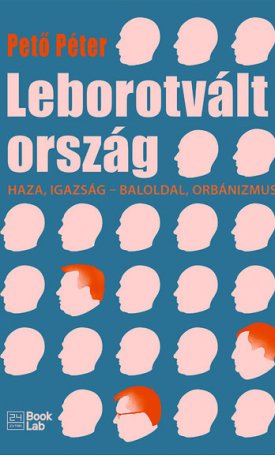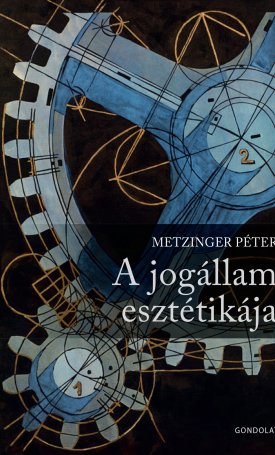Hungary: Between Democracy and Authoritarianism
Hungary: Between Democracy and Authoritarianism
How has Hungary, a country once considered the vanguard of postcommunist political and economic reforms, become the chilling example of the new threats now destabilizing democracies across Central Europe? The unwelcome return of Hungary`s long-buried demons -- nationalism, ethnic hatred, deeply-rooted corruption, and authoritarian tendencies -- are raising legitimate concerns. Since winning a two-thirds majority in parliament in the spring of 2010, right-wing populist Prime Minister Viktor Orban has embarked on a sweeping and ruthless concentration of power, seeking to reshape the state according to the principles of his own private vision.
A new constitution introducing a vast series of laws and decrees -- including radical changes in the judicial and electoral system as well as the dismantling of constitutional safeguards protecting the autonomy of the executive branch and the media -- seem destined to ensure the long-term hegemony of the far right. In addition, a campaign of vitriolic nationalist rhetoric and the likelihood of granting new voting rights to two and a half million ethnic Hungarians living in Romania, Slovakia, and Serbia have increased tensions in this volatile corner of Europe. Paul Lendvai provides an unsparing look at these developments, grounding his study in intimate knowledge of Hungary`s major political figures and political culture. Lendvai also makes use of his unique insight into the aftermath of the fall of communism, which not only changed Hungary but also produced new political and social tensions in the Danube basin.





















